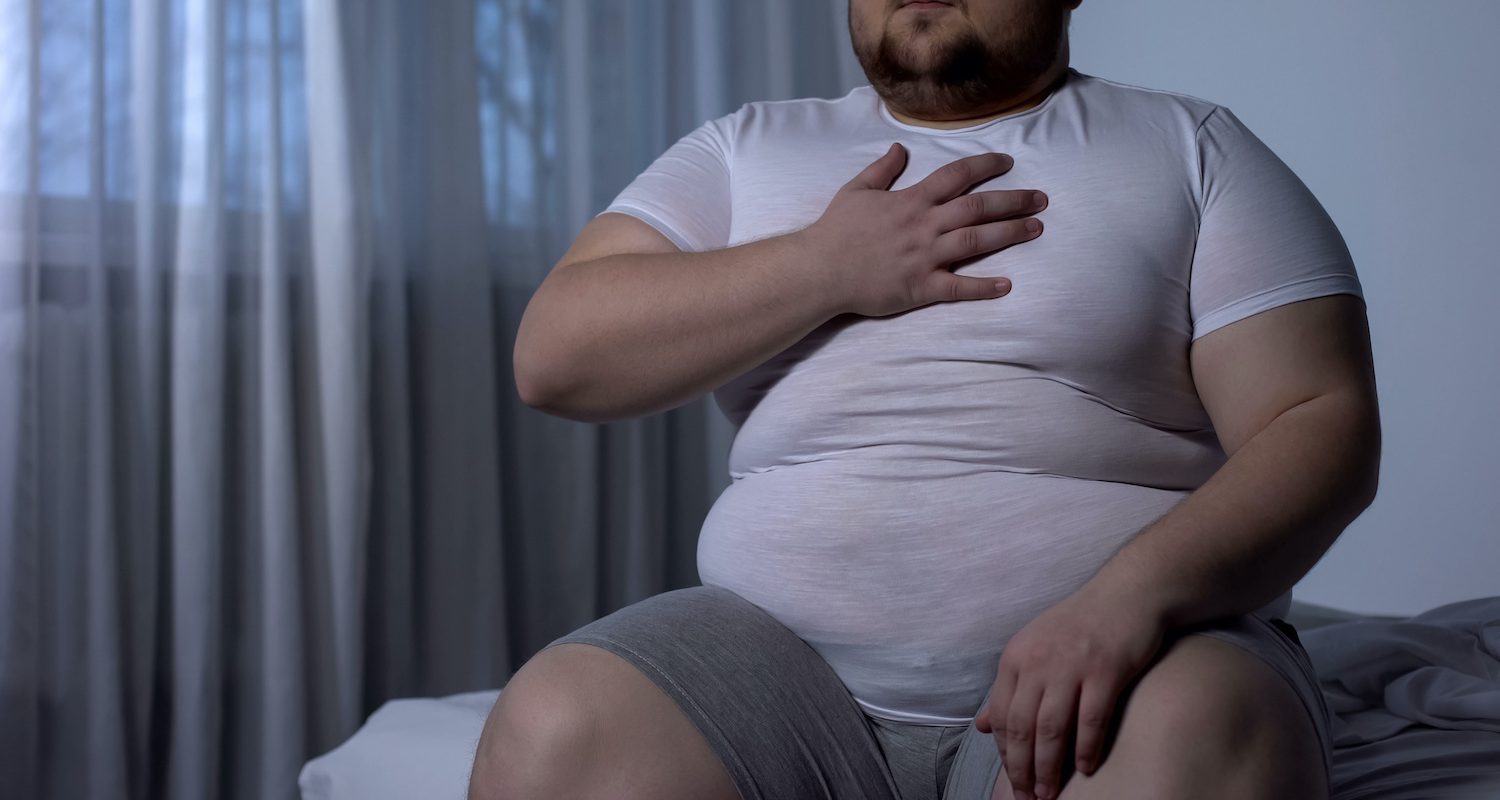If you’re dealing with both obesity and heartburn, you’re not alone. Many people notice that carrying extra weight can trigger acid reflux, also known as GERD (gastroesophageal reflux disease). GERD occurs when stomach acid flows back into the esophagus. It causes heartburn and a burning sensation in the chest.
But how does excess weight make this problem worse?
Obesity and GERD are closely linked for several reasons. Let’s understand how they’re connected so you can manage both conditions more effectively. In this article we are going to explore the main ways extra weight affects acid reflux and how making a few simple changes can lead to significant improvements.
- Extra Weight Increases Pressure on Your Stomach
When you put on extra weight, especially around your belly, it puts added pressure on your abdomen. This belly fat presses down on the stomach and nearby organs.
This extra pressure causes stomach acid to flow back up into the esophagus. Esophagus is the tube that connects your throat to your stomach.
Normally, the lower esophageal sphincter (LES) works as a one-way valve that prevents stomach contents from rising.
But because of this excess pressure, the LES weakens and relaxes, causing acid to leak into the esophagus, creating the burning sensation known as heartburn.
- Visceral Fat Causes Inflammation
Visceral fat is a type of fat that wraps around organs like the stomach and liver. Unlike regular fat, visceral fat is active and releases chemicals called adipokines, such as interleukin-6 and tumor necrosis factor-alpha.
These chemicals are inflammatory. And they interfere with the function of the lower esophageal sphincter (LES). When the LES becomes weaker, acid is more likely to flow back into the esophagus, increasing the risk of acid reflux.
Inflammation doesn’t only impact the LES; it can affect the entire digestive system, leading to more frequent episodes of acid reflux. This is why individuals with higher levels of visceral fat often experience more severe GERD symptoms.
3. Obesity Increases the Risk of Hiatal Hernia
A hiatal hernia occurs when part of the stomach pushes up through the diaphragm into the chest area. This disrupts the normal barrier between the stomach and esophagus, making it easier for acid to reflux into the esophagus.
Obesity raises the risk of developing a hiatal hernia because the extra weight pushes the stomach upward.
This pressure can cause part of the stomach to slide through the diaphragm. When a hernia occurs, acid reflux becomes more likely and harder to control, worsening GERD symptoms.
4. More Frequent Lower Esophageal Sphincter (LES) Relaxations
Studies show that people with obesity experience more frequent transient lower esophageal sphincter relaxations (TLESRs).
These are moments when the LES muscle relaxes, usually after eating, to release gas or relieve excess pressure in the stomach.
However, if the LES relaxes too often, it allows stomach acid to slip into the esophagus.
Because individuals with obesity tend to eat larger meals, their stomachs stretch more, leading to even more TLESRs. This can create a cycle of acid reflux that’s difficult to break.
Research Behind the Link Between Obesity and GERD
Researchers have found that excess weight significantly increases the risk of GERD:
- People with obesity are nearly three times more likely to develop GERD compared to those of normal weight.
- A study in Scandinavia showed that overweight or obese individuals are six times more likely to experience GERD symptoms than those with a normal weight.
How Weight Loss Helps with GERD
Losing weight is one of the most effective ways to relieve GERD symptoms.
Here’s how it helps:
Less Pressure on the Stomach: Losing weight, especially around the abdomen, reduces pressure in the stomach area. This helps the LES stay strong and prevents acid from pushing up into the esophagus. Since there is less pressure, acid reflux episodes lower down.
Reduced Inflammation and Improved LES Function: When the body sheds of visceral fat, the inflammation reduces and the esophageal muscles get strengthen. A stronger LES does its job better, keeping acid where it belongs.
Fewer LES Relaxations Smaller meals and less stomach stretching help reduce how often the LES relaxes, especially after meals. This means fewer times where acid can flow back up after eating.
Bariatric Surgery: An Effective Solution for GERD in People with Obesity
Bariatric surgery has proven to be one of the most effective solutions for those who haven’t found relief from GERD through weight loss and lifestyle changes alone.
The procedure not only aids in significant weight loss but also reduces or even eliminates GERD by targeting the root causes related to obesity.
By addressing underlying issues like abdominal pressure, LES function, and inflammation, bariatric surgery offers long-term relief from acid reflux symptoms.
Dr Shashan Shah is one of the best and most experienced Bariatric Surgeon, with a proven track record in treating patients suffering from obesity-related GERD.
He has helped many individuals reduce or completely resolve their GERD symptoms through advanced bariatric procedures.
With Dr. Shashank Shah’s expert care, you can regain control over your health and enjoy a GERD-free life.
If want to know how bariatric surgery can help you overcome GERD and achieve sustainable weight loss, reach out to us for a consultation.



